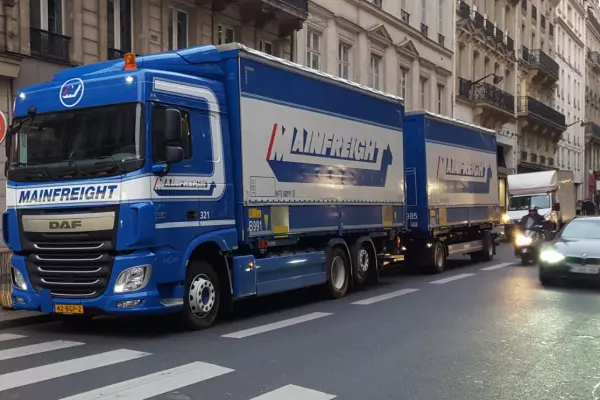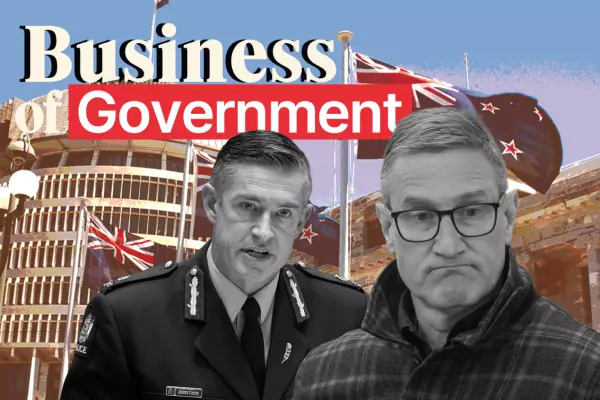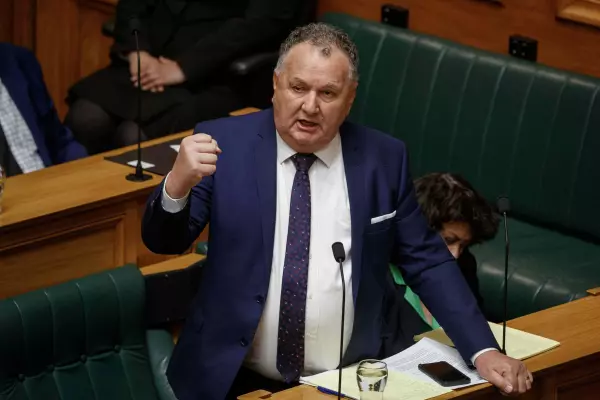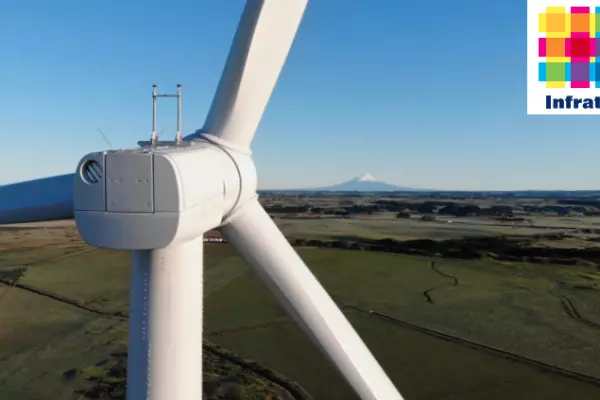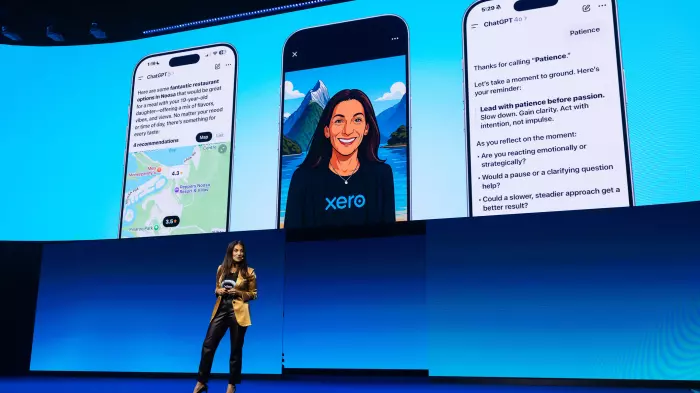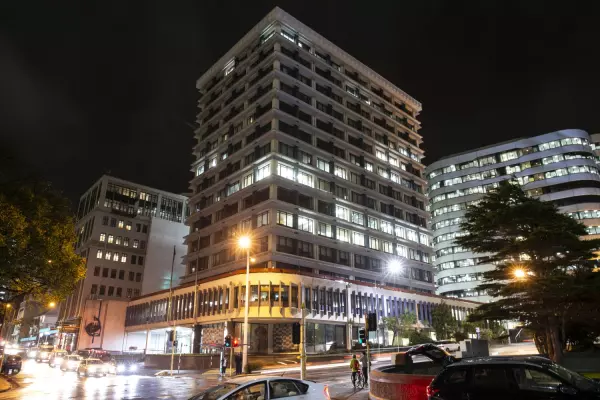Kids, elderly keep cash use alive, Reserve Bank study finds

As anyone who has bought a $2 picture from a streetside stall staffed by 7 year-olds or watched an elderly person fumble with an ATM already knows, cash remains the preferred medium of the very young and older people.
Now, a Reserve Bank study into society's use of the folding stuff has revealed this truth while discovering not only that 85 percent of New Zealanders use electronic bank cards as their main payment method, but that nine out of 10 people "prefer not to use cash." Sixty percent are "indifferent" to the declining availability of real money.
One in four didn't use cash at all in the previous seven days, according to the results of the Research New Zealand survey for the central bank, which is pondering the future for cash in a society where most monetary exchange occurs through credit and debit cards, and online.
However, "few people never use cash", three-quarters of the population carries "some cash", with women more likely to have some readies than men, and cash use does not appear to be declining from levels measured a year ago, the survey of 3,103 people, stratified by age, location, and ethnicity, with a margin of error of 1.8 percentage points, found.
It also discovered that "one-third of New Zealanders have New Zealand cash stored somewhere other than in a bank," although only 2 percent admitted to having more than $5,000 stashed. Two-thirds said they just wanted to be able to lay their hands on cash quickly when they needed it, and roughly one-third said they had $100 to $500 on hand. About half the population usually get between $20 and $100 from an ATM.
One in 10 people (10.8 percent) told researchers their first or second most important reason for using cash was that "payments are private – there’s no record of what I spent or where I spent it."
That made it the fifth most important reason for using cash, with using cash at a market or roadside stall the first most important reason at 23.1 percent, while street donations and gifting were the main reasons for cash use for 4.8 percent of the population.
The second most important reason for using cash, at 15.2 percent, was to make small payments, while third most important was that it helped 6.4 percent of people to budget. One in 20, 5.4 percent, said using cash stopped them getting into debt.
The study found cash use is far higher among children under 13 than among 13-to-18 year-olds, with under-13s "predominately" using cash.
Some 58 percent of children under 13 were reported to use cash for payments while 42 percent of teenagers were reported to use an electronic bank card and 25 percent to use online payment options.
"Although the differences in cash use frequency are not huge, the younger you are the more likely you are to be using cash less frequently, or not at all. Older groups are using cash more frequently, and those over 45 years old are much more likely to have used cash in the last seven days," the survey found.
Some 49 percent of New Zealanders said they could cope if cash was abolished, but 5 percent said they "could not cope". Some 40 percent thought it would make some situations difficult.
Comments



